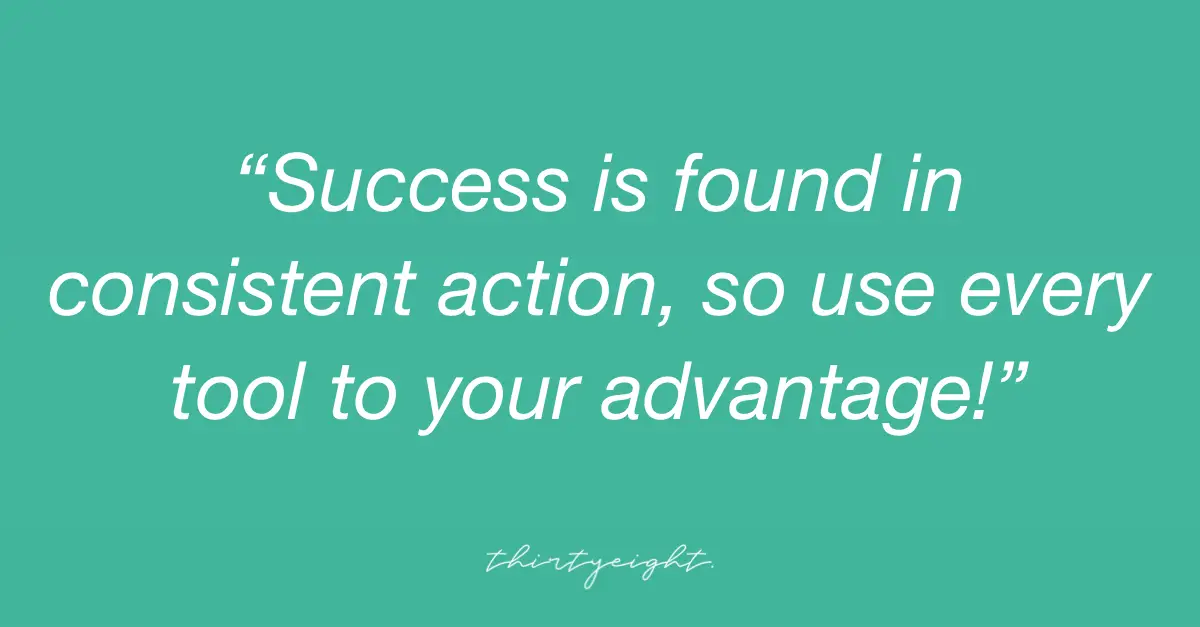Disclosure: This post contains affiliate links. If you click through a link and make a purchase, it will earn me a small commission, at no additional cost to you! See our disclaimer for details.
You’re ready to buy a home! Question is, how can you improve your credit so you can have a good credit score to buy a house?
Thing is, most people don’t understand the importance of a good credit score…
Even fewer know what it takes to raise their credit!
This article is designed to help you not only learn big picture why your credit score is important, but to also give you actionable steps to improve it.
First, we should start with why you should care!
Whether you’re buying your first home, or looking to buy your dream home, having a good credit score will make a difference on the total price you pay for the property.
This works the same for financing anything (cars, boats, etc.), but for now we’re focused on home purchases.
Lenders will adjust the loan rates you pay based off the quality of your credit score. This can add up to thousands of dollars of the life of the loan.
If you have a better credit score, those dollars will stay in your pocket instead of being paid to the banks.
A house is usually the biggest purchase most people will make in their lives and you want to be in the best position possible to get the best deal!
If you’re not currently in the market to buy, but think you will within the next couple years, you’re in the right place! It’s best to get started raising your credit score now so you’ll be ready when the time comes, and the perfect house presents itself.
Two of the biggest factors in credit ratings is the amount of time a line of credit has been open, and the payment history on that line of credit.
So, the lessons in this article can help everyone today no matter what their current financial goals are!
These are the five items we’ll address today that will put you on track to raising your credit score:
- Find out what your credit score currently is
- Identify Lines of Credit
- Automate Bill Pay
- Be purposeful in using existing credit
- Be Patient
1. DISCOVER YOUR CREDIT SCORE
This is quite easy, but a necessary step in moving forward.
Your credit score is made up by 3 different credit rating agencies (Equifax, Experian and TransUnion).
Your score will fluctuate a little between each company but will usually be within 10 – 15 points.
My preferred method for finding out a credit score is using Credit Karma. I recommend them because their services are free, and they don’t have to run a credit check on you which can have a short-term negative impact to your credit score!
Sign up is easy and they can display all three of the scores on their site.
If you sign up with them, they’ll also send you alerts when your credit changes. This can be a great motivator as you start to see your score climb!
Another way, that takes a little more effort, is to go to each credit agency and request your score.
By law, they are obligated to provide the score to you free of charge one time per year.
This can be effective, but Credit Karma can get the same information from all 3 agencies and save you time.
2. Identify Lines of Credit!
Next, we need to identify exactly how many lines of credit you have.
If the number is zero, then you might not have any credit at all.
While this may sound good logically, it’s not what banks are looking for when underwriting a loan.
These are some of the most common lines of credit: mortgage, auto loan, home equity line of credit (HELOC), credit card, personal line of credit, and student loans.
Other companies that report to the credit agencies can include landlords, utility companies, and service providers.
When creating this list, it’s important to capture all the open lines of credit you may have.
Remember back to those times in the mail when you signed up for the store credit card to save a few bucks?
These lines of credit may still be open even if you haven’t used the card in years!
The biggest thing to focus on now is eliminating any unnecessary lines of credit. I’m not saying cut up all your credit cards, but lenders don’t want to see too many lines of credit.
This makes the individual look like they don’t manage their funds well!

3. Automate Bill Pay!
Now that you’ve identified all the things that provide input to your credit score, it’s important that you automate the payment of those bills.
Missing a payment on any of the above lines of credit will have a negative impact on your credit score (not to mention the unnecessary late fees that will hurt your budget).
Most companies now allow for automatic bill pay.
I suggest setting up as many bills as you can to be paid by one checking account. You can either set this up on the company’s website or call their billing department for help.
Lenders want to see that you have a history of making payments on time!
4. Be Purposeful in Using Existing Credit!
Some of you may not be used to using credit or are opening your first line of credit.
I recommend a personal line of credit and a credit card from a bank as the first two lines of credit to open.
If you’re just getting started, consistency is key.
Decide one or two items each month that will be purchased using the credit card (gas or groceries) and then be diligent in paying off the balance on the date that it’s due. This should be easy after you’ve automated your bill pay.
I always watch my accounts closely the first month that the auto pay is set up to ensure that everything went through!
5. Be Patient!
Due to the nature of reporting to the credit agencies, scores don’t change overnight.
In fact, most of these changes will be seen within 3-6 months.
Think of these action steps as investments in your future. You’re planting the seeds now and will see the blooming plant in the future.
Therefore, it’s important to make these changes now.
Let’s Summarize!
Now you know the basics of what makes up a credit score and how to improve it, it’s time to act.
Make time today to find out what your credit score is. Then, plan to identify all lines of credit.
This step might take a little bit of time, so poor yourself a glass of wine or have a cup of tea and feel good that you’re getting your finances in order!
The bonus tip in the article is to have an accountability partner. This can be a friend or spouse.
Even better, you can teach them how to raise their credit score too!
Success is found in consistent action, so use every tool to your advantage.
An accountability partner will help you stay motivated (remember consistency is key).
Ready to learn more?
Check out some other popular articles on the blog!
- How to Invest When You Have No Money
- The Necessary Initial Steps to Real Estate Investing
- 3 Simple Steps to A Personal Finance Budget
As always, thanks for stopping by!
ThirtyEight Investing
All advice and opinions provided in this post are reflections on experience and are for educational and entertainment purposes only. Please see our disclaimer page details.

